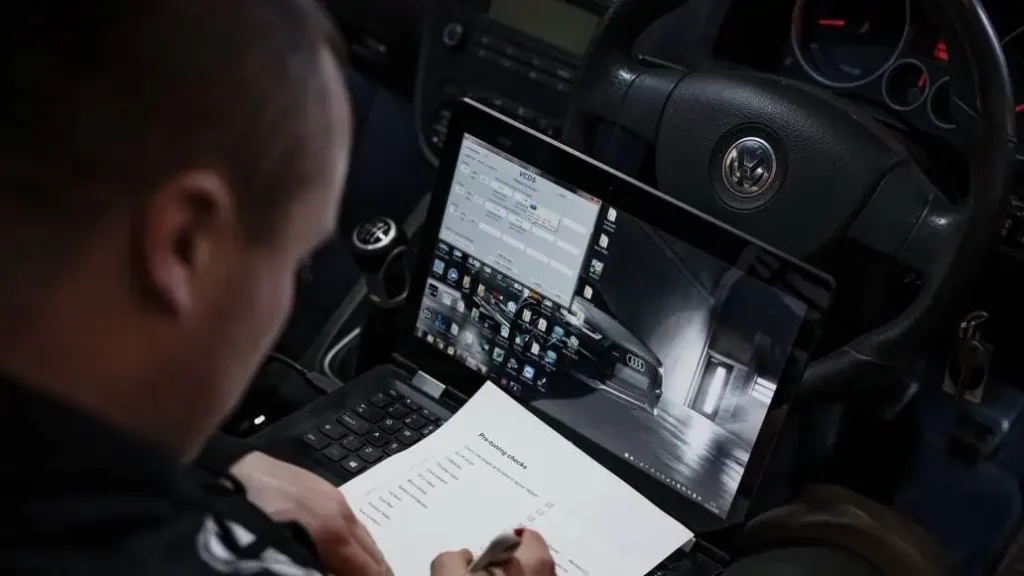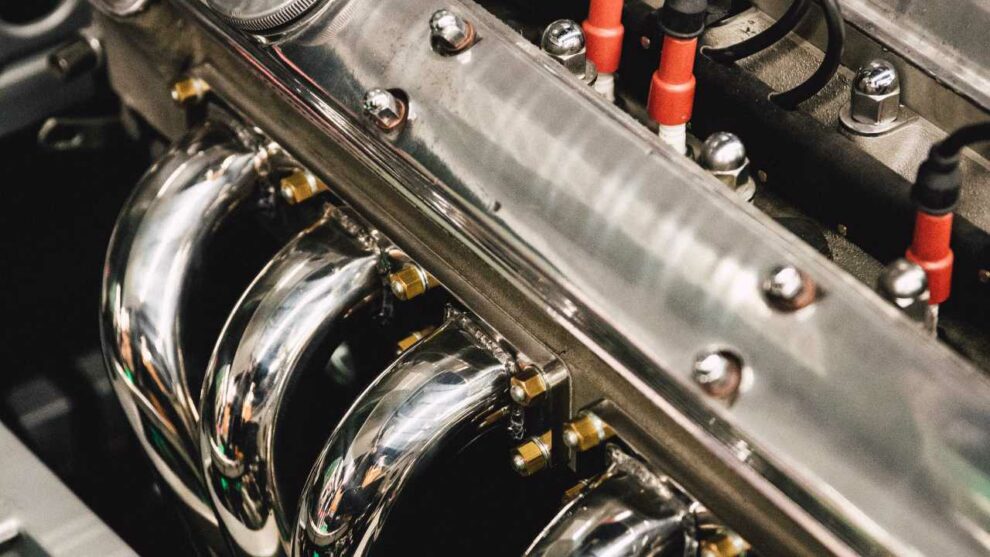Picture your car’s engine as a finely orchestrated symphony, where each component plays a crucial role in creating the perfect harmony of power, efficiency, and reliability. Engine tuning is the art of conducting this mechanical orchestra to perform at its absolute best. Whether you’re drawn to the allure of increased horsepower, better fuel economy, or simply understanding your vehicle better, this comprehensive guide will illuminate the fascinating world of engine tuning.
The Foundation: What Engine Tuning Really Means
At its core, engine tuning involves optimizing various engine parameters to achieve specific performance goals. Modern engines are controlled by sophisticated computers that manage everything from fuel injection timing to spark plug firing. These computers follow preset instructions, known as maps or tables, which determine how the engine responds under different conditions. Think of these maps as recipes that tell your engine exactly how to behave in any given situation.
Understanding Your Engine’s Language
Before diving into actual tuning, it’s crucial to understand how your engine communicates. Modern vehicles are equipped with numerous sensors that constantly monitor various aspects of engine operation. These sensors measure everything from intake air temperature to engine speed, providing vital information that helps determine optimal running conditions. Learning to interpret this data is like learning to read your engine’s vital signs, helping you make informed decisions about potential modifications.
The Electronic Control Unit (ECU)
The ECU serves as your engine’s brain, processing information from various sensors and adjusting engine parameters accordingly. Think of it as a highly sophisticated calculator that makes thousands of decisions per second to keep your engine running smoothly. When we tune an engine, we’re essentially reprogramming this computer to make different decisions based on our performance goals.
Air and Fuel: The Perfect Dance
One of the most critical aspects of engine tuning involves managing the air-fuel ratio. Your engine needs the right mixture of air and fuel to perform efficiently, much like a chef needs the correct ratio of ingredients to create the perfect dish. Too much fuel (rich mixture) or too little (lean mixture) can significantly impact performance and potentially damage your engine. Understanding this delicate balance is fundamental to successful tuning.
The Role of Timing
Ignition timing plays a crucial role in engine performance. This refers to exactly when the spark plug fires in relation to the piston’s position. Advanced timing can increase power but might cause engine knock, while retarded timing is safer but results in less power. Finding the sweet spot requires careful testing and monitoring, as optimal timing varies based on factors like fuel quality, altitude, and engine load.

Modern Tuning Methods
Today’s engine tuning primarily happens through software modifications. Tuners use specialized software to modify the ECU’s programming, adjusting various parameters to achieve desired results. This process, often called remapping or flashing, allows for precise control over engine behavior. However, it’s important to note that successful tuning requires more than just software skills – it demands a deep understanding of engine mechanics and thermodynamics.
Safety Considerations
Engine tuning carries inherent risks if not approached with proper knowledge and caution. Think of your engine as a complex ecosystem where changing one parameter can affect many others. For instance, increasing power output typically generates more heat and stress on engine components. Understanding these relationships helps prevent costly mistakes and ensures safe, reliable performance improvements.
The Importance of Data Logging
Professional tuners rely heavily on data logging to make informed decisions. This process involves recording various engine parameters during operation, allowing tuners to analyze how the engine responds to different conditions and adjustments. It’s like having a detailed medical history of your engine, helping identify potential issues and verify improvements.
Building Blocks of a Tuning Strategy
Successful engine tuning requires a methodical approach. Start by defining clear goals – whether that’s maximizing horsepower, improving fuel efficiency, or finding a balance between the two. Then, research what modifications and tuning adjustments will help achieve those goals. Remember that every engine is different, and what works for one vehicle might not work for another.
Supporting Modifications
Engine tuning often works best when supported by appropriate hardware modifications. For example, if you’re increasing power output, you might need better cooling systems to handle the additional heat. Similarly, improved air intake systems or performance exhaust systems can help your engine breathe better, maximizing the benefits of your tune. Think of these modifications as giving your engine the tools it needs to perform at its new potential.
The Learning Process
Becoming proficient in engine tuning takes time and dedication. Start by learning the basics of engine operation and gradually build your knowledge. Many successful tuners began their journey by reading technical materials, participating in automotive forums, and working alongside more experienced enthusiasts. Consider taking professional courses or workshops to accelerate your learning.
Looking Toward the Future
As automotive technology continues to evolve, engine tuning techniques are also advancing. The rise of electric vehicles and hybrid powertrains presents new challenges and opportunities in the tuning world. Understanding the fundamentals of engine operation and tuning principles will remain valuable even as the industry transitions to new technologies.
Final Thoughts
Engine tuning is both an art and a science, requiring a blend of technical knowledge, practical experience, and careful attention to detail. While the learning curve might seem steep, the rewards of understanding and optimizing your engine’s performance make the journey worthwhile. Remember that every expert tuner started as a beginner, and with patience, dedication, and continuous learning, you can develop the skills needed to tune engines effectively and safely.
















Add Comment